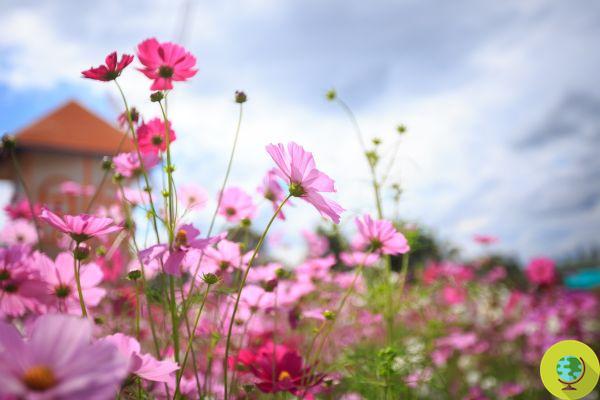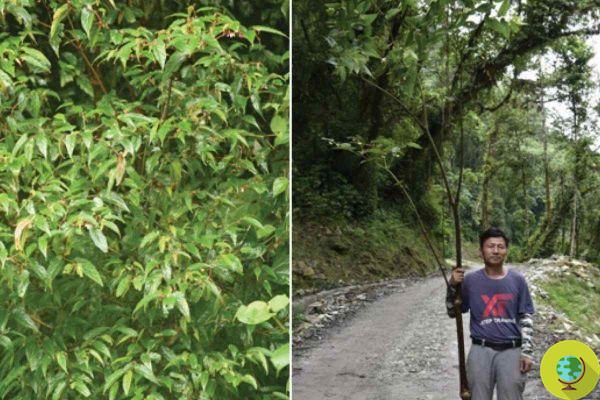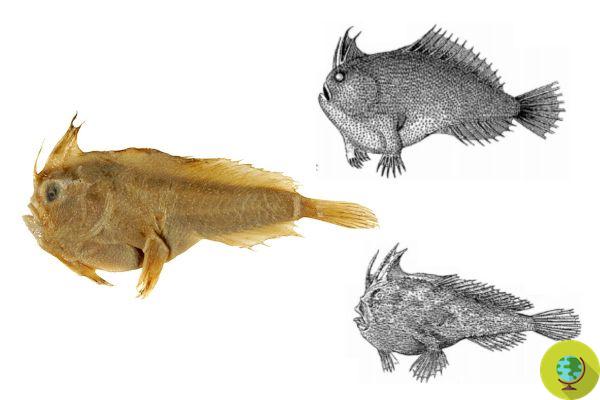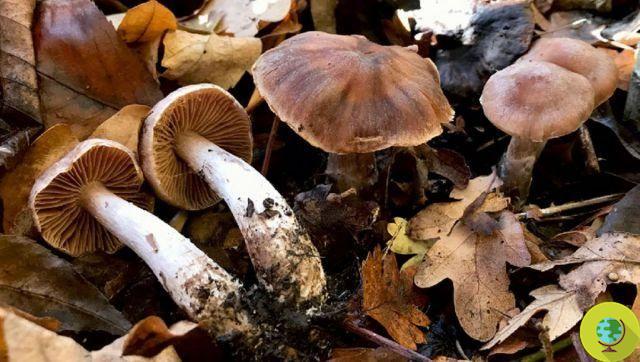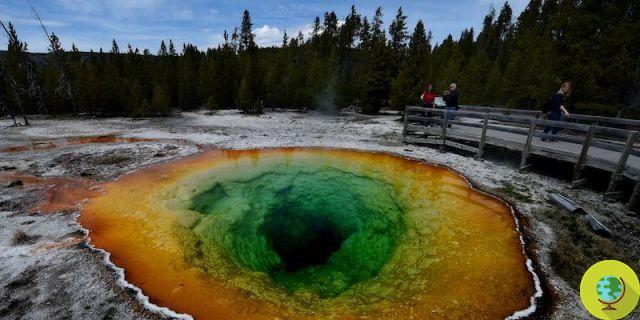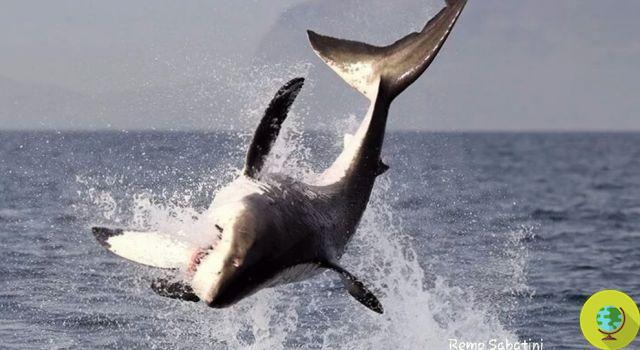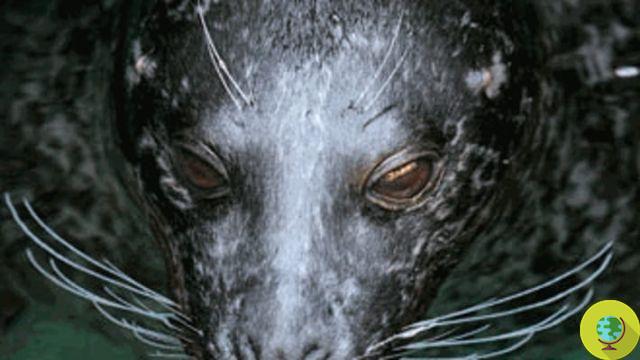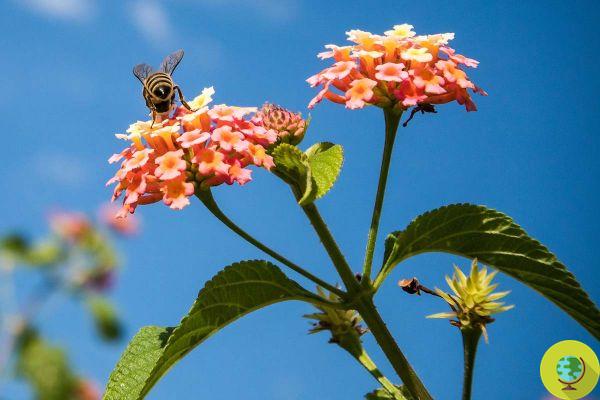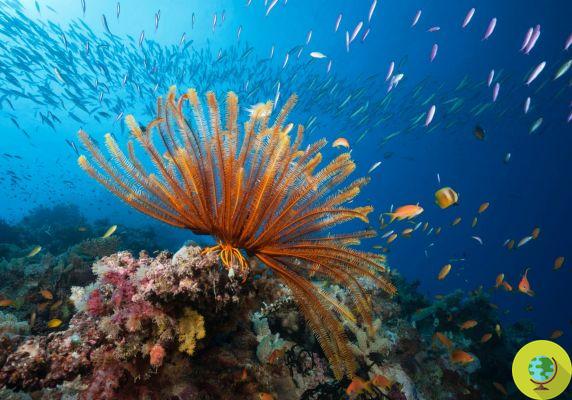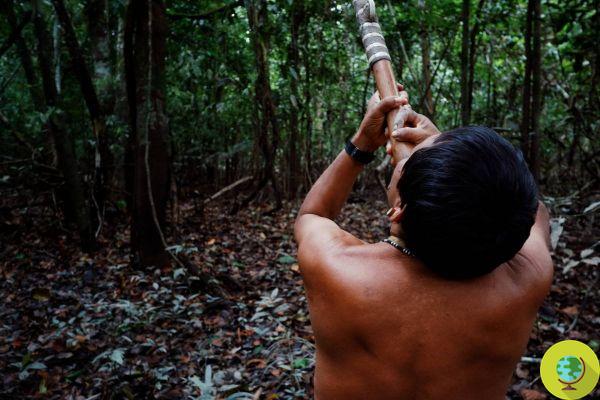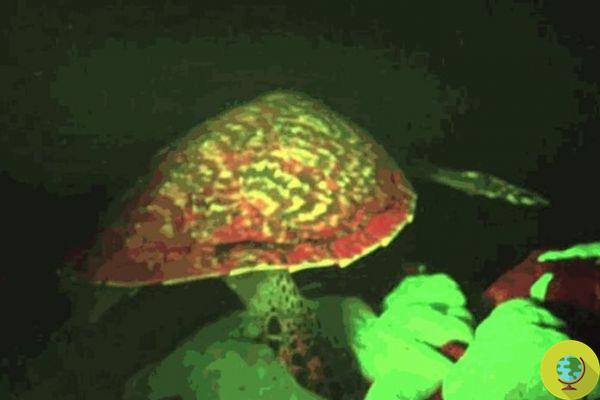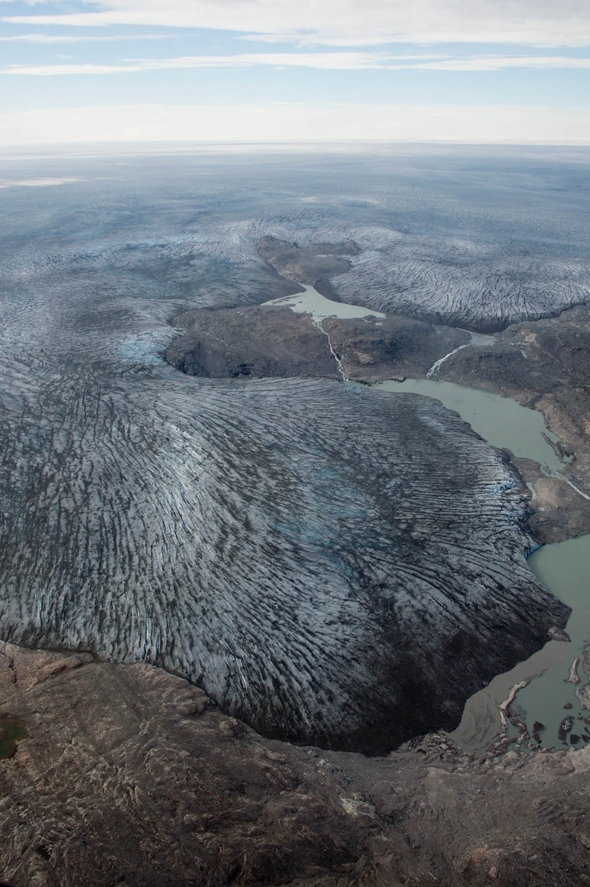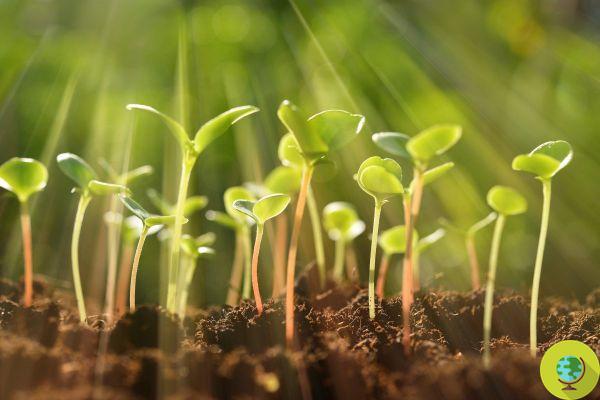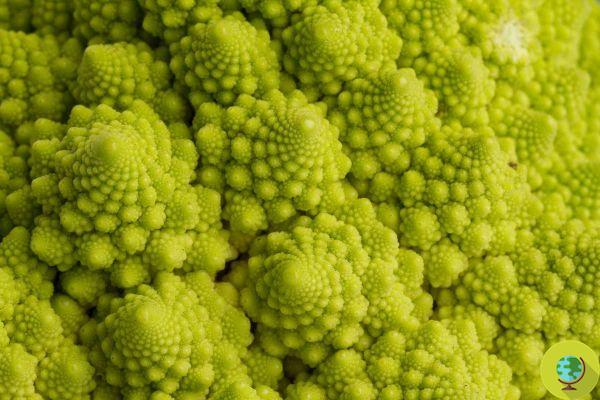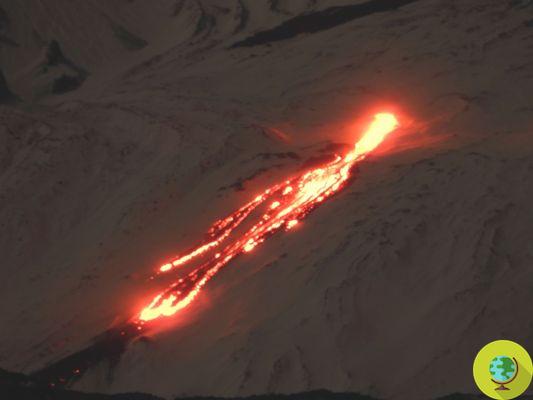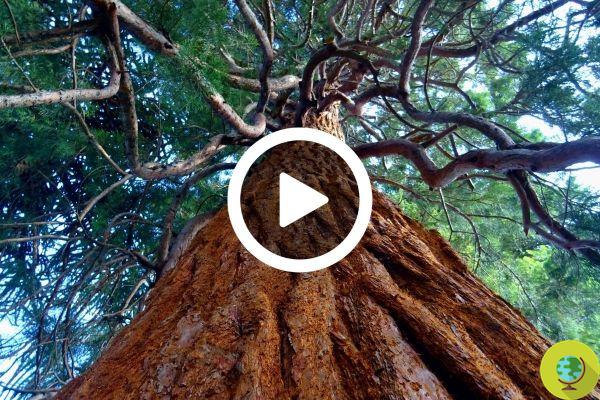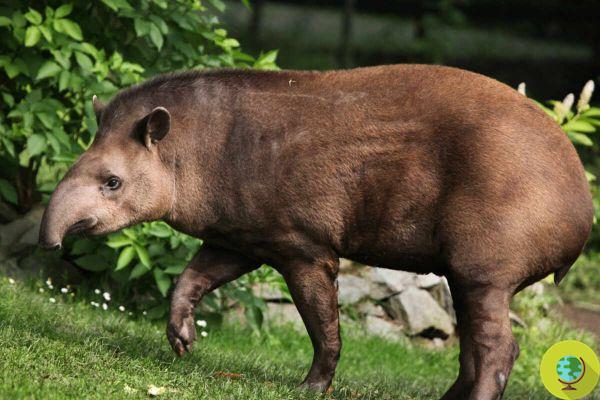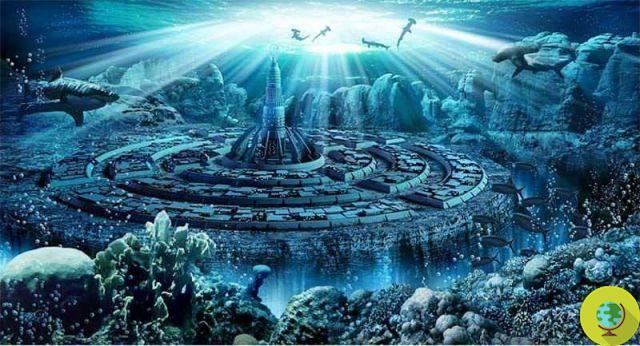The "bodyguard" fish that responds to the "alarm signals" launched by corals under attack by some toxic algae. Researchers at the Georgia Institute of Technology found this in a study, published this week in the journal Science, conducted on the coral Acropora Nasuta of the Fiji Islands, which was exposed to a chemically toxic species of alga, Chlorodesmis fastigiata.
He is about to end up run over, his mother saves him
The "bodyguard" fish that responds to the "alarm signals" sent by corals under attack of some toxic algae. Researchers at the Georgia Institute of Technology found this in a study, published this week in the journal Science, conducted on coral Acropora Nasuta from the Fiji Islands, which has been exposed to a chemically toxic species of algae, Chlorodesmis fastigiata.
The research, which aimed to understand highly threatened ecosystems like coral reefs to be able to protect them, he discovered that some gobies, better known as gobies, intervene in protection of their coral when this is attacked by threats such as weed algae. Just a few minutes after the contact between these and the coral, in fact, various specimens of two species of gobies, Gobiodon actor from Paragobiodon enchinocephalus, they arrived and began to neatly remove the seaweed, either eating or peeling it.
Like gods Experienced "bodyguards", they had responded to the alarm, probably sent by the release of chemicals into the water, launched by the corals, which would have quickly died at the hands of the seaweed if the fish-rescuers had not intervened promptly. This symbiotic relationship of mutual aid, with the fish receiving protection in return, is similar to the symbiotic-mutualistic relationship among the acacia trees and the ants that receive food and shelter, protecting them from competitors and predators.
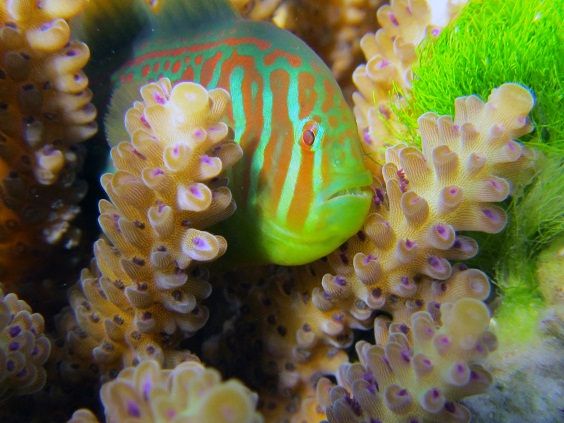
“These little fish appeared to cut away the algae without touching the corals. This happens very quickly which means it has to be a very important process for both coral and fish: coral releases a chemical and fish responds immediately, ”said Mark Hay, a biology professor at the Georgia Institute of Technology.
Tests have shown that in corals that coexist with gobies, the amount of damage caused by algae decreases from 70 to 80% in just three days, while the amount of harmful algae decreases by 30%. An important support for the coral reef, which in just 27 years it has even halved and runs the risk of disappear forever with catastrophic consequences for the Earth.
Roberta Ragni
Read also:
Australia: the largest marine reserve to protect the coral reef




